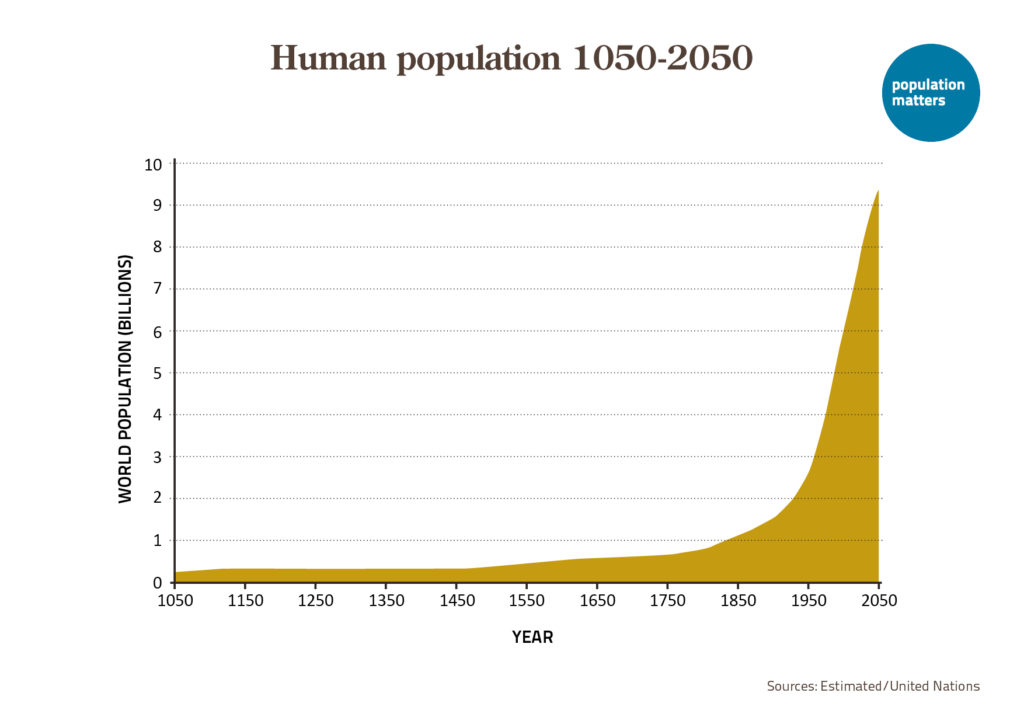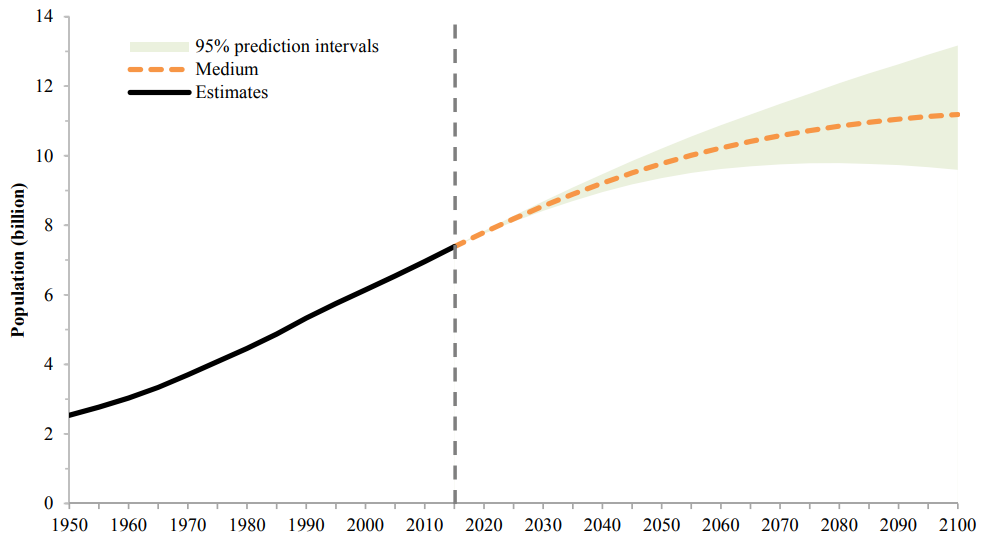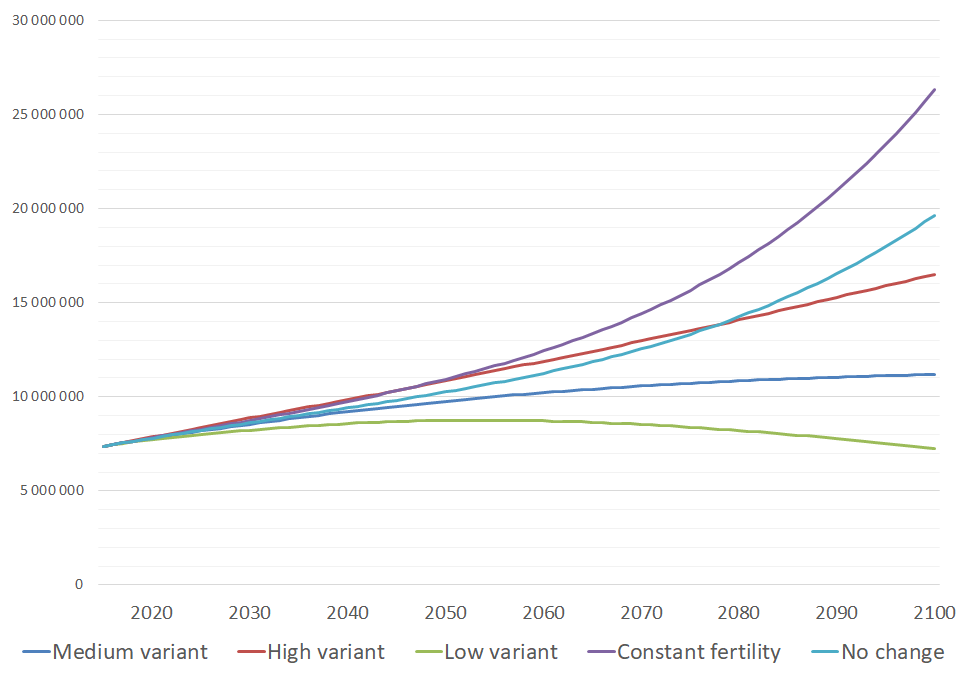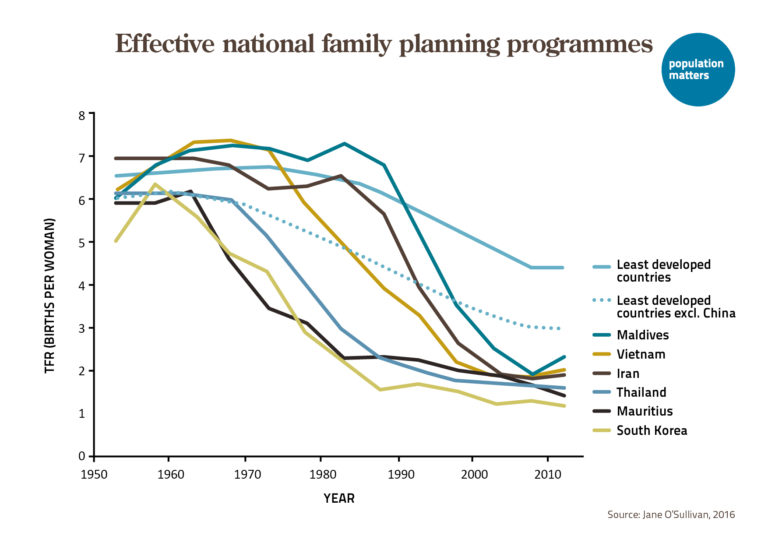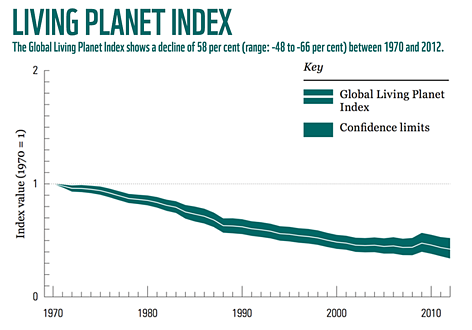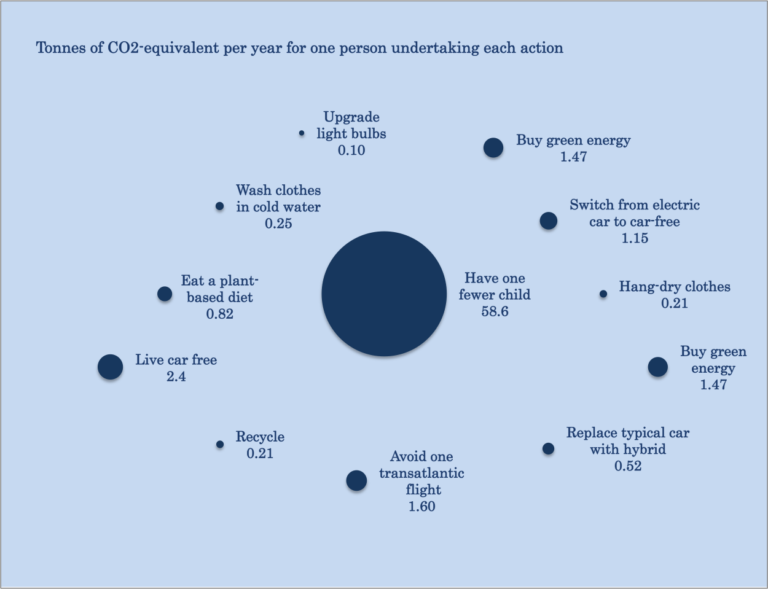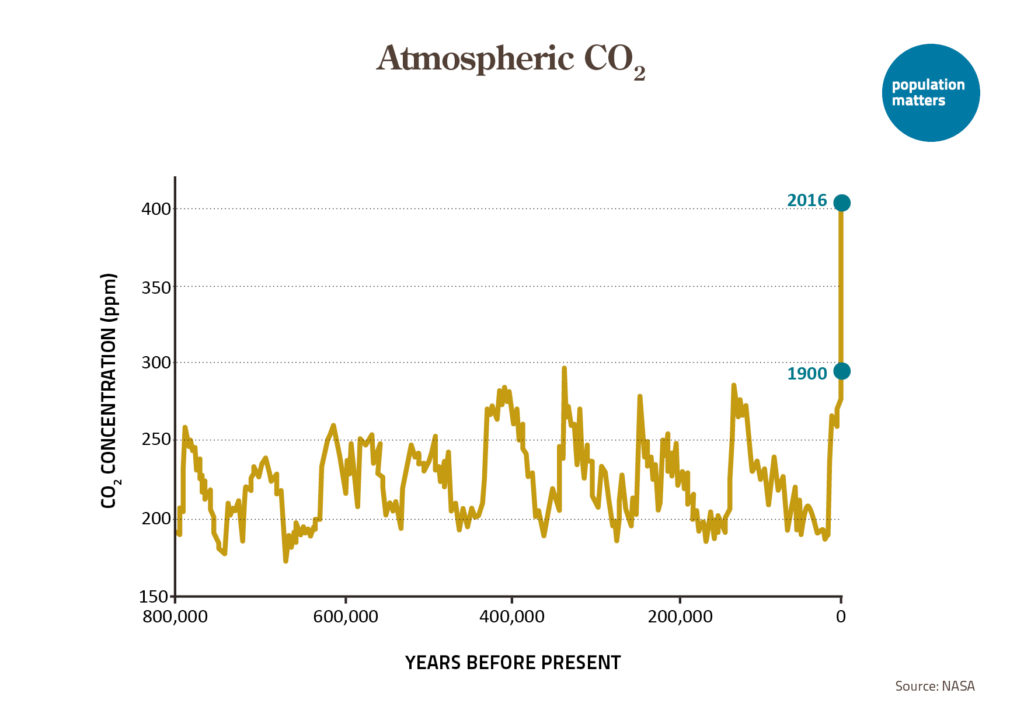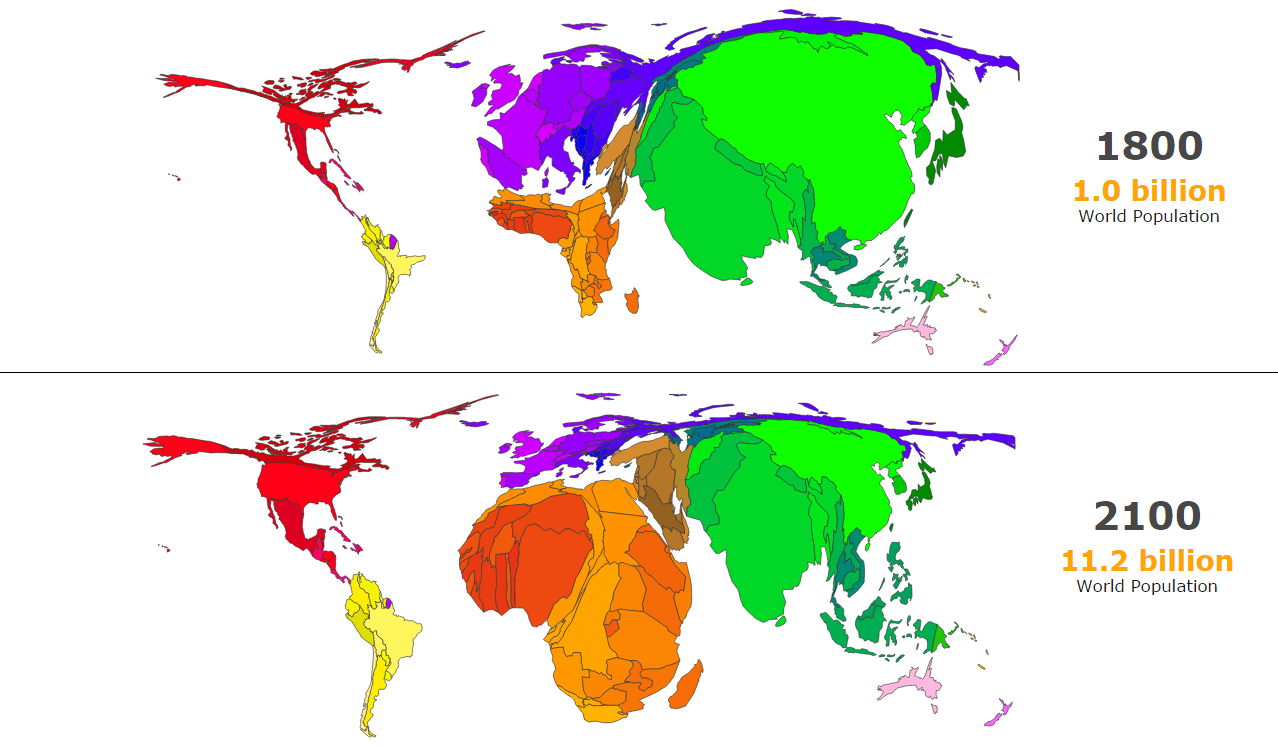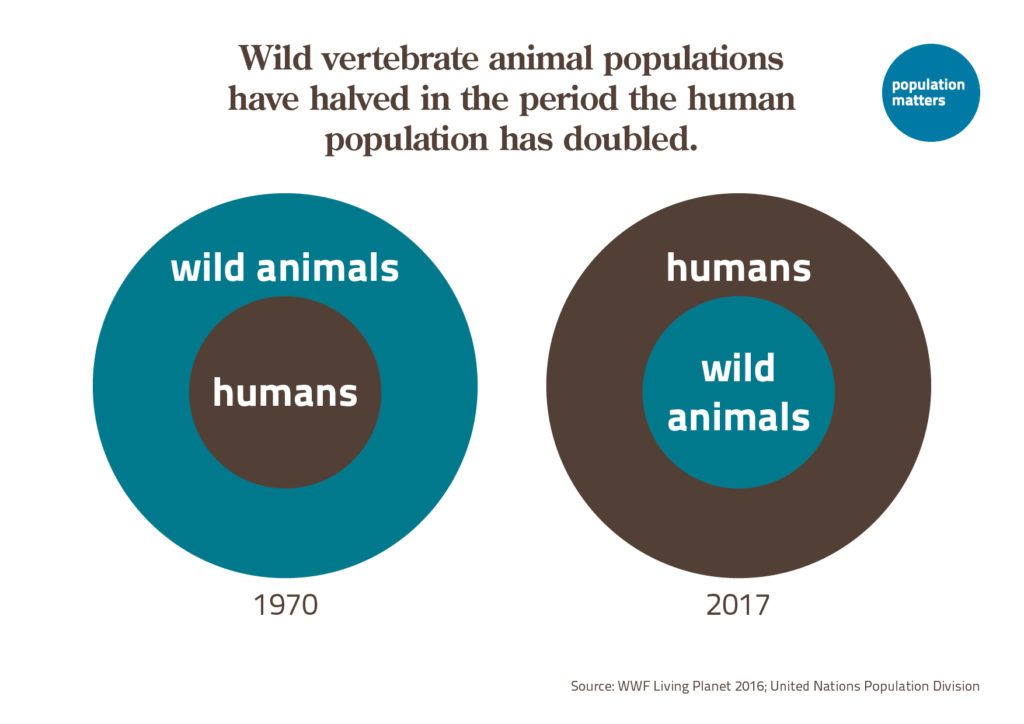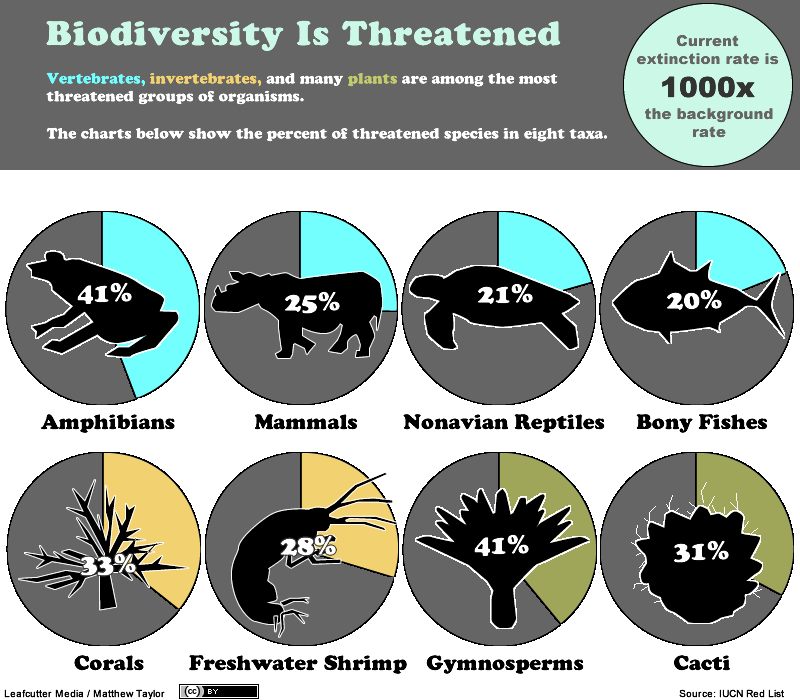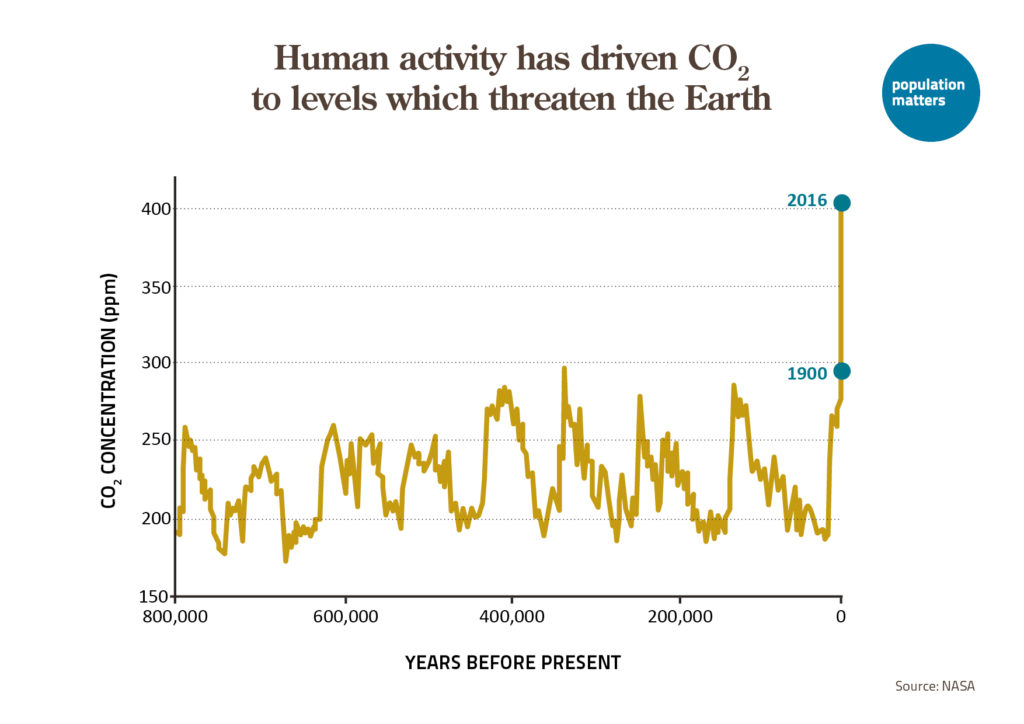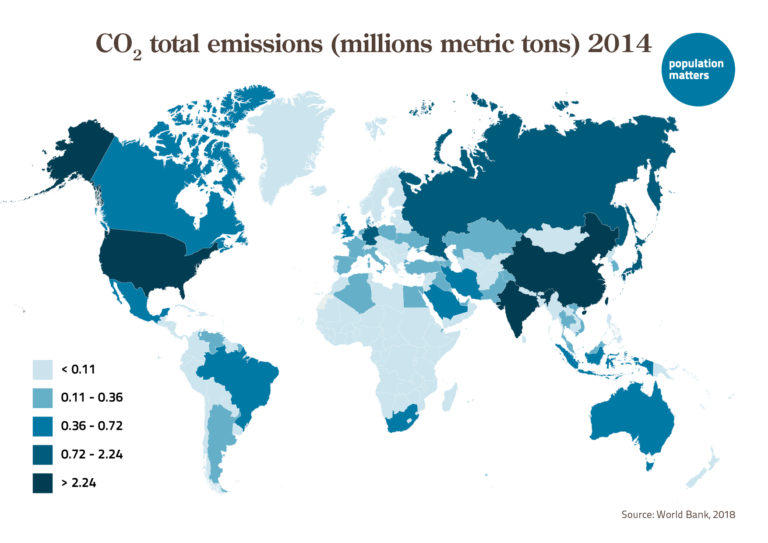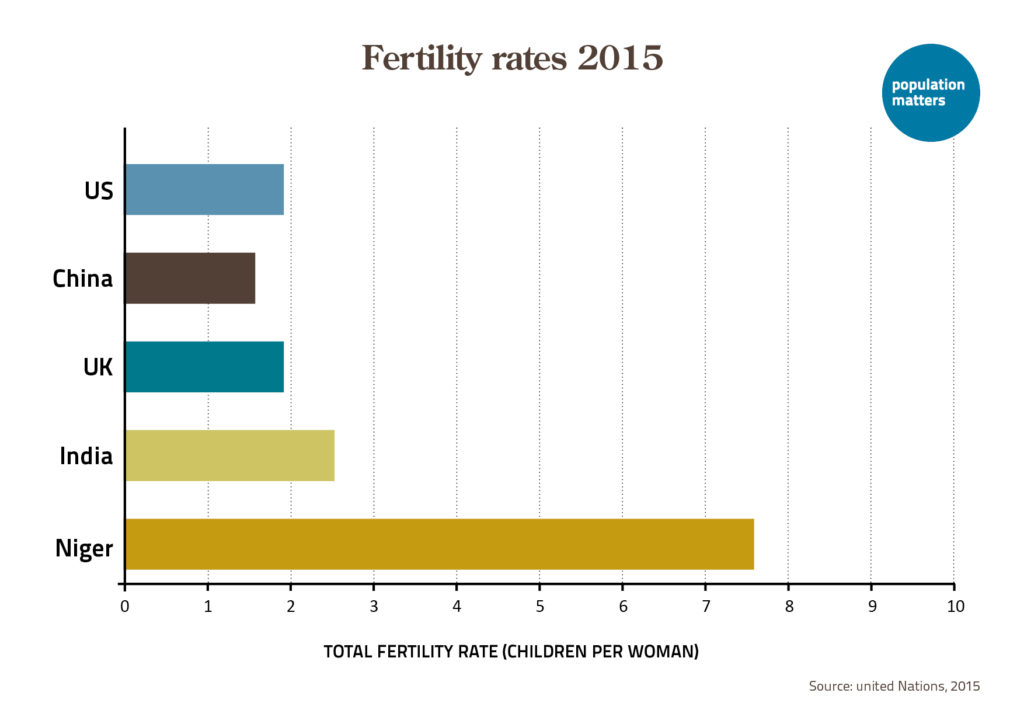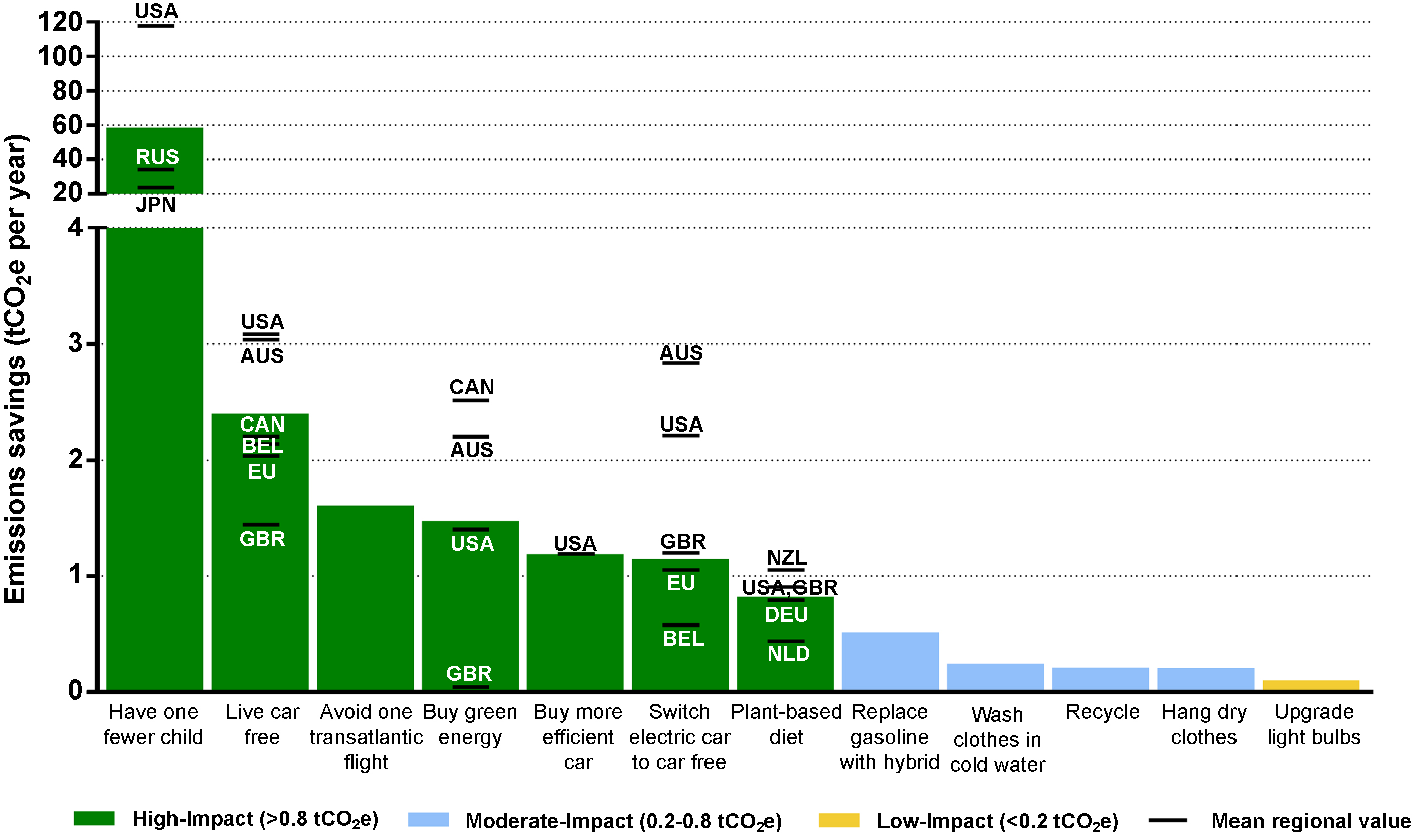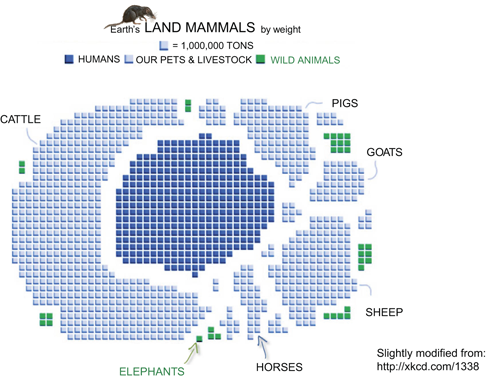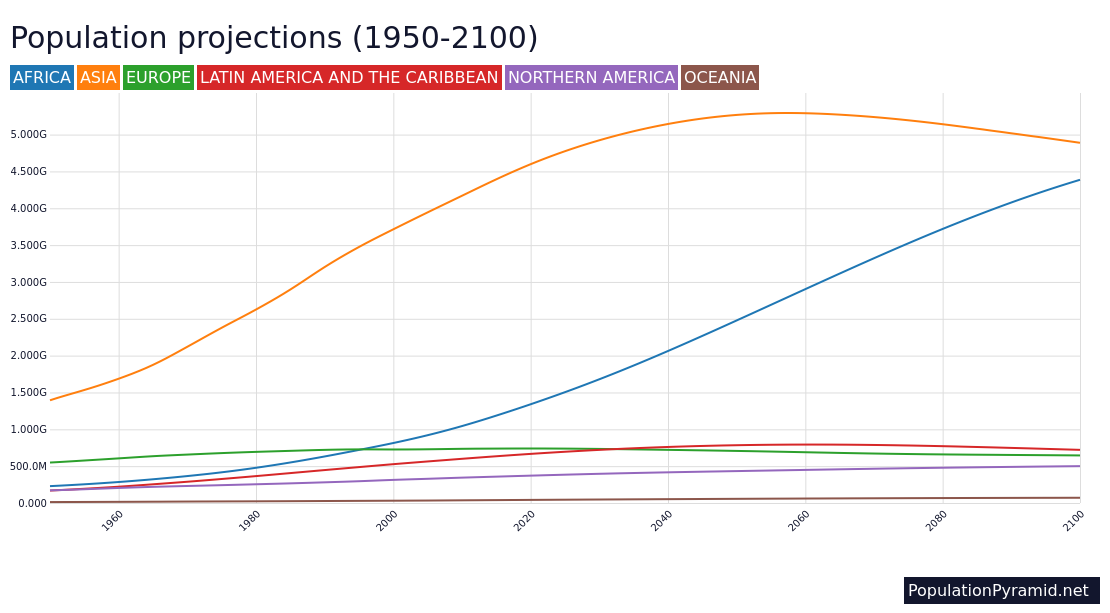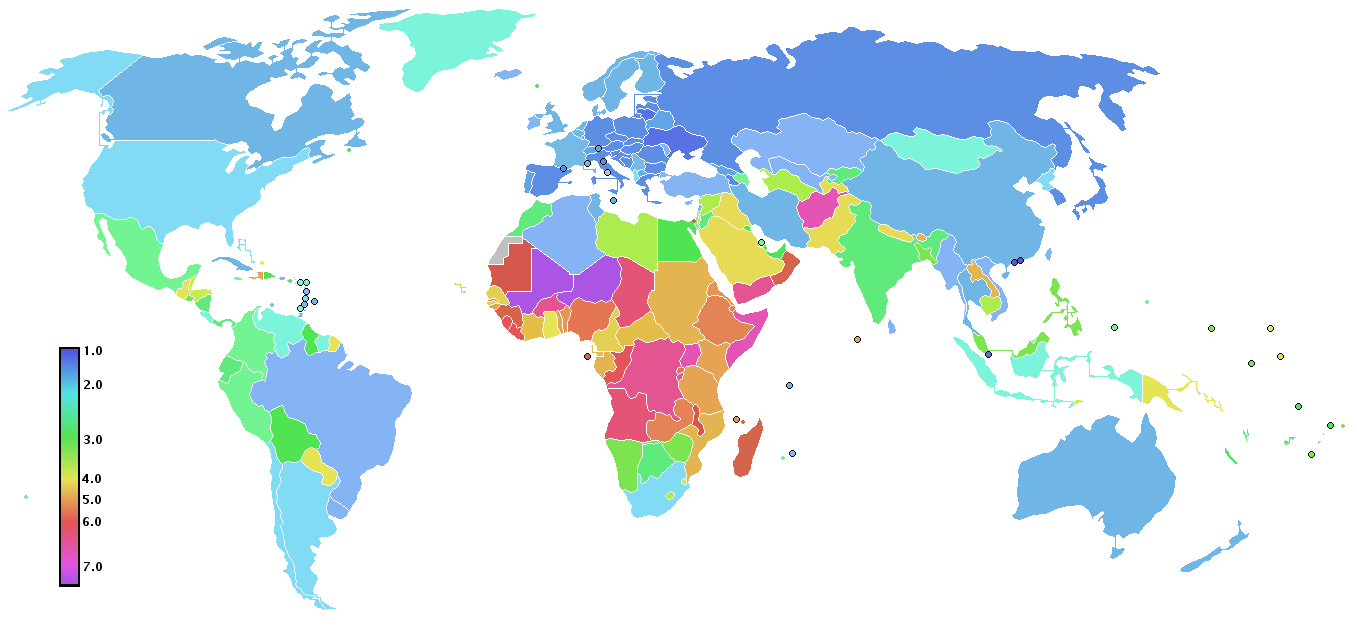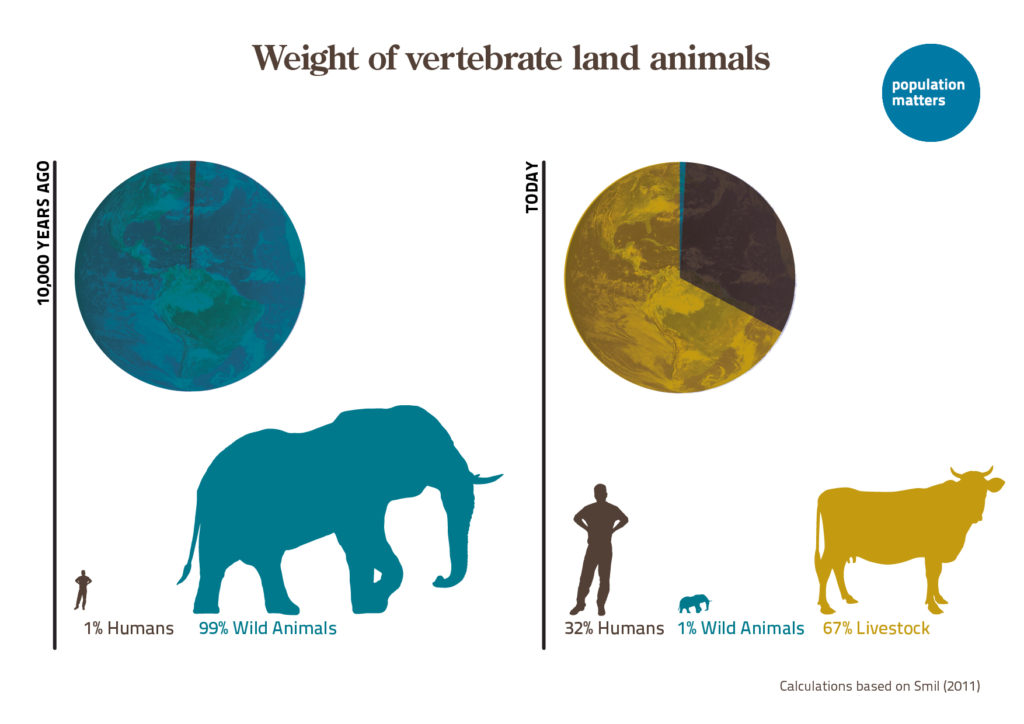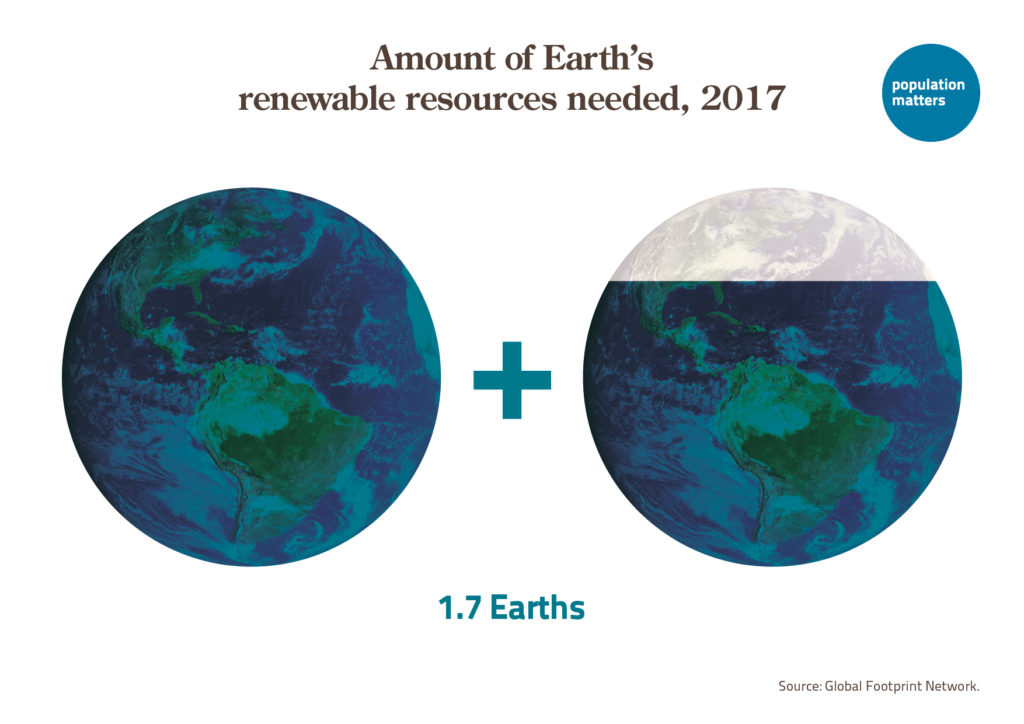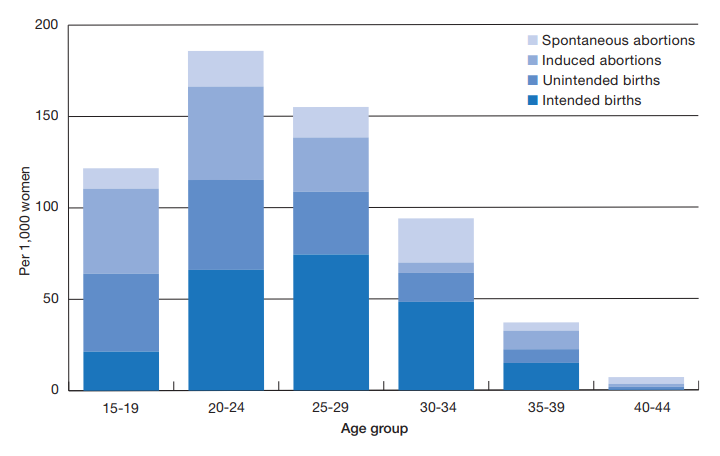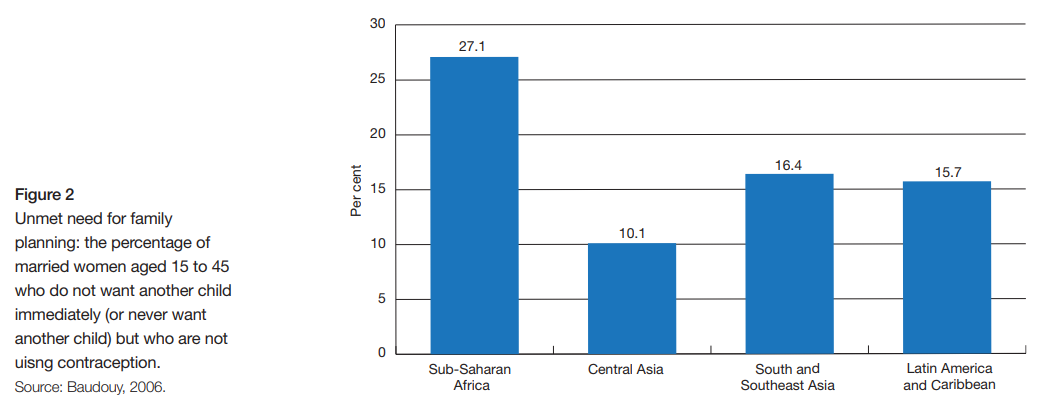Cafaro (2023) – Procreation and Consumption in the Real World
The cause of global environmental decline is clear: an immense and rapidly growing human economy. In response, environmentalists should advocate policies leading to fewer people and lower per capita consumption, not one instead of the other. Addressing both provides our best hope of creating sustainable societies and preserving Earth’s remaining biodiversity.
O’Sullivan (2020) – Silver tsunami or silver lining? Why we should not fear an ageing population
Most media coverage of an ageing population portrays a bleak future with plummeting economies as a consequence of increased medical spending and loss of workers and taxpayers. This paper aims to straighten out the facts of population ageing and bust myths about such negative consequences. The author shows the many benefits of an ageing population, as well as how policies to compensate through increased immigration can only marginally slow that transition while at the same time leading to increased infrastructure costs.
Hines (2018) – Immigration and population: The interlinked ecological crisis that dares not speak its name
The subject of immigration, together with the intimately linked population control are taboos among environmentalists. However, the author argues, unless a reduction in immigration becomes a priority for the environmental movement – and is placed within the framework of a progressive protectionism (a concept explored in the article) – then political support can only grow for those who brought us Brexit, the election of Donald Trump and the rise of the far right across Europe.
Addison Philips (2018) – Immigration Ethics: Creating Flourishing, Just, and Sustainable Societies in a World of Limits
Most political liberals and most academics across the developed world support expansive immigration policies, often up to and including free movement and settlement across national boundaries (“open borders”). The author argues that in a crowded and environmentally overexploited world, truly ethical immigration policies must acknowledge limits. He argues also that the right of a nation’s citizens to exercise self-determination and pursue the creation of a flourishing society justifies limiting immigration to the degree that is required to secure various societal goods necessary to a flourishing society, such as the maintenance of mutual regard and a robust welfare state.
Lianos and Pseiridis (2016) – Sustainable welfare and optimum population size
This paper attempts to estimate the level of “sustainable welfare” globally: namely, a level of consumption that can be enjoyed by future generations in perpetuity. Based on available measures of ecological footprint and biocapacity and assuming an acceptable level of per capita consumption, they estimate the maximum level of world population possible without damaging the natural productive capacity of Earth at 3.1 billion people. Hence they find Earth, at 7.6 billion current population, grossly overpopulated, along with most of the fifty largest countries around the world. They emphasize the need to educate people about the need to reduce world population and more controversially, for a centralized government entity to take the lead in coordinating national efforts to do so.
Hickey et al. (2016) – Population Engineering and the Fight against Climate Change
The authors argue that contrary to political and philosophical consensus, the threats posed by climate change justify population engineering: the intentional manipulation of the size and structure of human populations. Specifically, they defend three types of policies aimed at reducing fertility rates: (1) choice enhancement, (2) preference adjustment, and (3) incentivization. The authors argue against coercion or morally objectionable manipulation of people, and for significant freedom for individuals to choose how many children to have. Yet they conclude that policies to reduce fertility rates are pragmatically and morally justified—and perhaps even required—tools for preventing the harms of global climate change.
Cafaro (2015) – Three ways to think about the sixth mass extinction
Humanity, through our population and economic growth as well as increasing consumption, is causing the sixth mass extinction since the rise of complex life on Earth. In this paper, Cafaro looks at the empirical facts to ask philosophical questions about how to think about the sixth mass extinction, what we should do, and what it tells us about humanity and our place in the world. The author focuses on three ways to think about the anthropogenic mass extinction: as a mistake, as a crime, and as an inevitability.
Dillard (2007) – Rethinking the procreative right
Do we have the right to procreate freely without regard to others? This article redefines the right as satiable and narrow, acknowledging the competing rights and duties that both qualify and justify the right. It posits that the procreative right, properly stated, includes at least the act of replacing oneself and at most procreation up to a point that optimizes the public good.
Gudorf (2001) – Resymbolizing Life: Religion on Population and Environment
How do we increase demand for contraception? Gudorf observes that for many Christians the sanctity of life has narrowed to a focus on birth, rather than sustainable maintenance of communities of life. In medieval Christendom birth was regarded positively as a symbol of life, but that was balanced by negative associations: in theology birth was linked to original sin; and in common experience a large proportion of infants died. In recent centuries those negative aspects have faded, making it difficult to resist a modern idolatry treating birth as an unalloyed good to be maximised. Gudorf calls for new religious symbols and customs to emphasise instead the sustaining of life and its habitat on earth.

